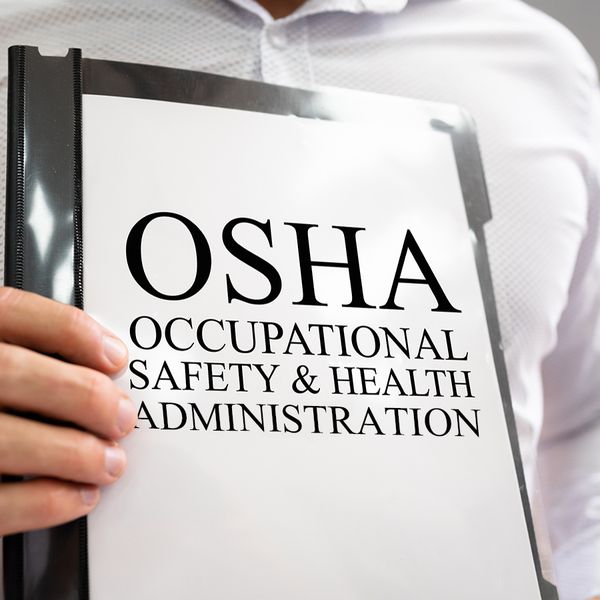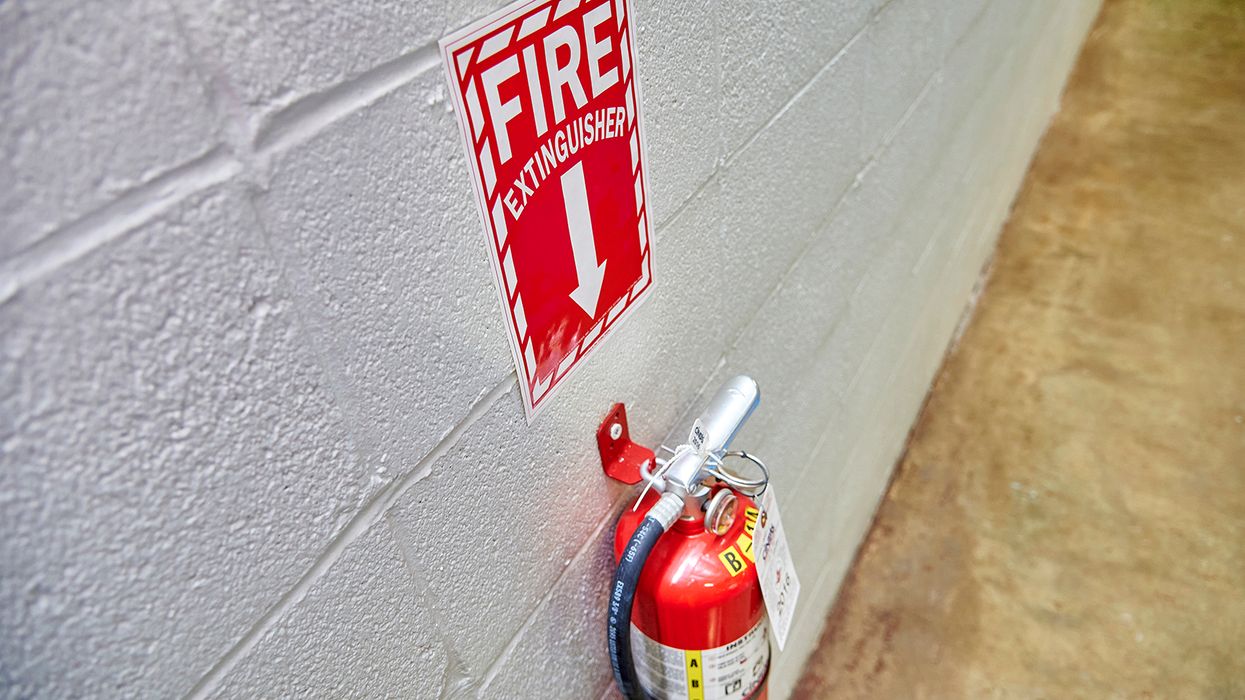Case to ax OSHA regulations fizzles; Court bows out
OSHA can breathe a little easier. The agency still has the authority, by law, to issue permanent safety standards. That’s the take-away after the Supreme Court chose NOT to hear a case brought by an industrial general contractor. The employer had hoped the high court would declare OSHA’s powers unconstitutional and issue a permanent injunction to prevent the agency from enforcing its standards.
Instead, on July 2 the Supreme Court denied the employer’s petition to hear Case No. 23-819. That means last year’s decision made by the U.S. Court of Appeals for the Sixth Circuit stands. On August 23, 2023, that lower court held, in Case No. 22-3772, that the standards prescribed under the Occupational Safety and Health (OSH) Act are a constitutional delegation of authority. The 15-page opinion from the appeals court summarizes by saying:
- While Congress gave OSHA significant discretion, that does not render the delegation unconstitutional; and
- The OSH Act provides an overarching framework to guide its discretion.
Even though the Supreme Court passed up on the case, Justice Clarence Thomas penned dissenting remarks and would have been in favor of granting the petition. The Justice found fault in the Sixth Circuit decision for upholding the delegation of authority to OSHA based on the “intelligible principle” test. The Justice argued that that principle “does not adequately reinforce the Constitution’s allocation of legislative power.” The case would have been “an excellent vehicle” to consider the Supreme Court’s approach to Congress’ delegations of legislative power, according to Thomas.
Background
The OSH Act gives OSHA the power to set occupational safety and health standards. Those standards require employers to meet “conditions, or the adoption or use of one or more practices, means, methods, operations, or processes.” The Act gives OSHA some boundaries, however. The conditions, practices, and so forth must be “reasonably necessary or appropriate to provide safe or healthful employment and places of employment.”
Yet, the employer (plaintiff) argued that those boundaries are not restrictive enough and, thus, the OSH Act is in violation of the “nondelegation doctrine.” That doctrine explains that the Constitution forbids the delegation of legislative powers. Only Congress has the power to make laws.
Note that OSHA cited this employer for $10,000 in relation to a catwalk injury in 2019. The plaintiff urged the Supreme Court to hear the case to determine whether Congress’ delegation to OSHA to set standards is constitutional. Of course, the Supreme Court has now bowed out of the case, leaving the Appeals Court decision intact.
Appeals Court used a test to determine constitutionality
To figure out if a delegation is constitutional, courts have long used the “intelligible principle” test. That test argues, “If Congress shall lay down by legislative act an intelligible principle to which the person or body authorized to [act] is directed to conform, such legislative action is not a forbidden delegation of legislative power.”
Last year, the Sixth Circuit majority held that OSHA’s delegation, in fact, passes the intelligible principle test. Hence, it is constitutional. The Constitution does “not prevent Congress from obtaining the assistance of its coordinate Branches,” the opinion explains. The court points out that Congress may not delegate the power to make laws, but it may delegate the authority to make policies and rules that implement the laws.
Appeals Court added that OSHA’s authority has limits
Some might argue that OSHA’s authority is unlimited. Yet, last year’s Sixth Circuit opinion said that the Act puts boundaries on OSHA’s discretion in deciding whether it may issue a particular standard. OSHA cannot issue any standard it likes, the appeals court contended. Rather, a safety risk must reach a level that requires some action for a safe workplace. In fact, by law, OSHA must issue standards in response to safety issues.
In addition, when OSHA does adopt standards, their conditions must be reasonably necessary or appropriate to improve workplace safety and health. Because safe does not mean risk-free, OSHA standards do not need to completely resolve the issue.
With the above parameters, Congress established the boundaries of OSHA’s delegated authority, the Sixth Circuit opinion said.
What was Congress thinking?
According to the Sixth Circuit opinion when Congress passed the OSH Act in 1970, it found work injuries imposed a substantial burden on the economy. The overarching goal of the Act is, therefore, to assure safe and healthful working conditions to preserve our human resources, explained the court. The Act gives OSHA authority to set occupational safety and health standards to meet that greater purpose.
Key to remember
Because the Supreme Court stepped aside in this case, the lower court decision holds. It affirmed OSHA’s authority under the Constitution to continue to set and enforce its standards under the OSH Act.




















































